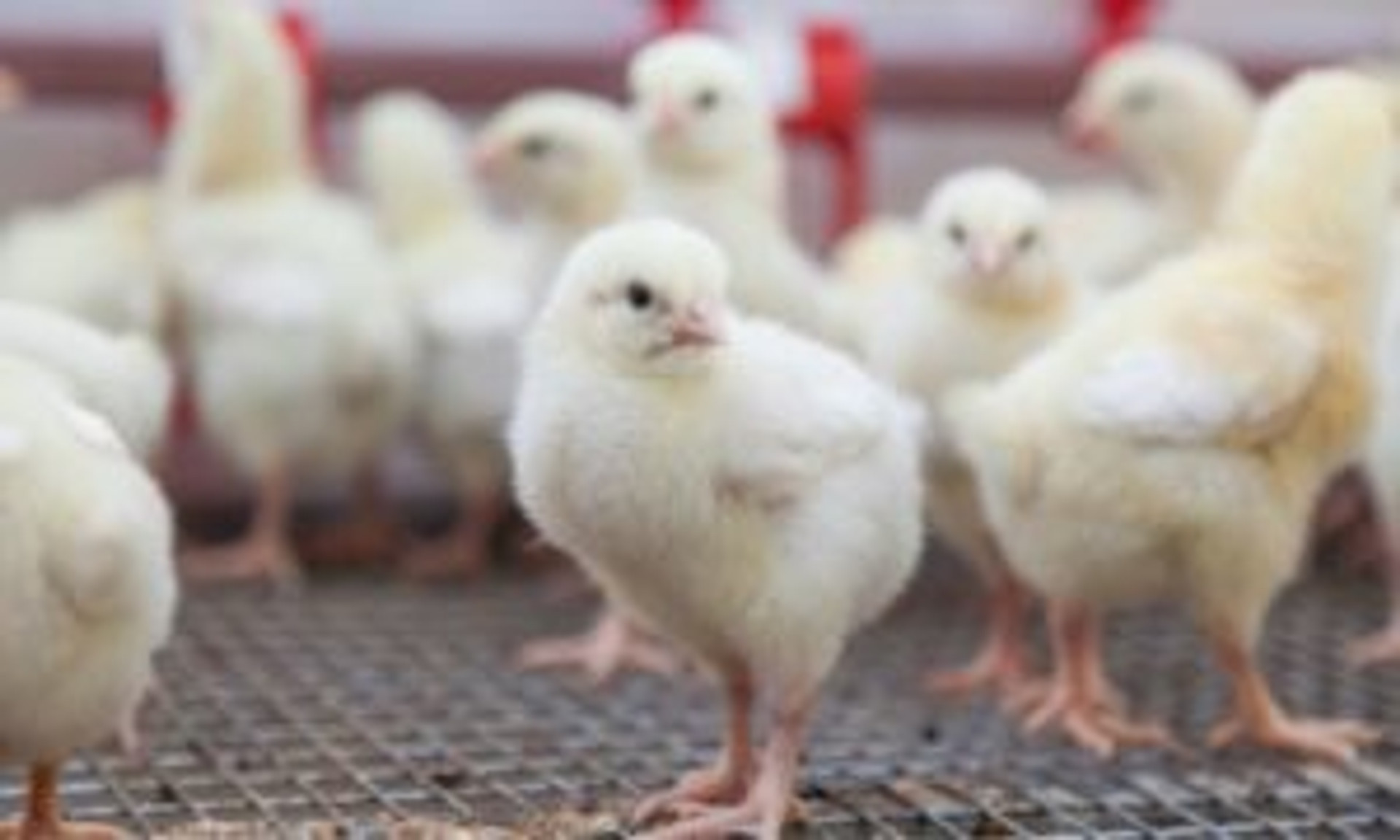Taking Care of Chicks in the Winter
Spring is a time of new birth and growth, especially for baby chicks. However, modern technology and methods make it possible for baby chicks to hatch and thrive all year long. If you’re expanding your flock—or starting a new one—this coming cold season, it's essential to know about caring for chicks in the winter.

BENEFITS OF WINTER CHICKS
Traditionally, baby chicks hatch in the spring and spend the season growing and maturing. This means that springtime chicks won’t become laying hens until at least the end of the season, and in some cases, they may not lay eggs at all until the next spring.
However, if you raise baby chicks that are hatched and nurtured during the fall or winter, they will be ready to lay eggs in the spring and throughout the entire season. If you show chickens, your baby chicks born in the winter will be older and larger by the time competition season comes around, giving them an advantage over their younger rivals.
Winter chicks also tend to be hardier throughout their lives.
TIPS FOR TAKING CARE OF WINTER CHICKS IN COLD WEATHER
Here’s how to take care of chicks during the colder months:
PROVIDE THE PROPER AMOUNT OF HEAT
Raising chickens, especially young chicks, in cold weather requires keen attention to their heat needs. Adult chickens are proficient at regulating their body temperatures, but young chicks need more assistance. That's why a chicken coop heater becomes an indispensable tool when raising chicks, particularly during the winter.
Install the heat lamp in the right position inside your brooder to avoid any fire hazards with the bedding or other materials. If you can, design it so there are still cooler corners of the brooder, allowing the chicks a retreat if they start to feel too warm.
Newly hatched chicks demand heat that is close to their body temperature—around 95 degrees Fahrenheit. But as they mature, you should progressively reduce the temperature, guiding them to adjust to the external cold weather conditions.
This approach ensures a smoother transition when raising chicks and preparing them for the challenges of the colder months ahead.

SUPPLY PLENTY OF FOOD AND WATER DURING COLD NIGHTS
During cold nights, all chickens, especially chicks in the winter, require more food to maintain their energy levels. As chicken keepers, it's essential to provide protein-rich chick feed to bolster health and growth.
Always ensure that their food and water are placed in trays shallow enough for them to access effortlessly. One crucial aspect to remember during the colder months is to ensure the water doesn’t freeze.
Body heat is critical for chicks, and consuming the right amount of food aids in producing that vital body heat. Keep a vigilant eye on your chicks during these initial weeks. It's paramount to ensure they're getting adequate food and water. Dehydration poses a significant threat to young chicks, and sometimes, they might need a little guidance in locating their food and water sources.
Being proactive and attentive chicken keepers can make all the difference in their well-being.
KEEP THEIR HOME DRY
When you’re taking care of chicks in the winter, remember that the cold isn’t nearly as dangerous as the wet. You want to keep your brooder clean and the bedding fresh and dry. This applies to your chicken coop, as well.
It may be tempting to shut the coop tight and insulate it, but this makes it easier for moisture—and, in turn, mold or other dangers—to build up inside. Keep your chicks safe by cleaning out wet spots and providing plenty of dry bedding for them.
Have you ever had chicks in the winter? What did you do to care for them? Leave your suggestions and tips in the comments below.

